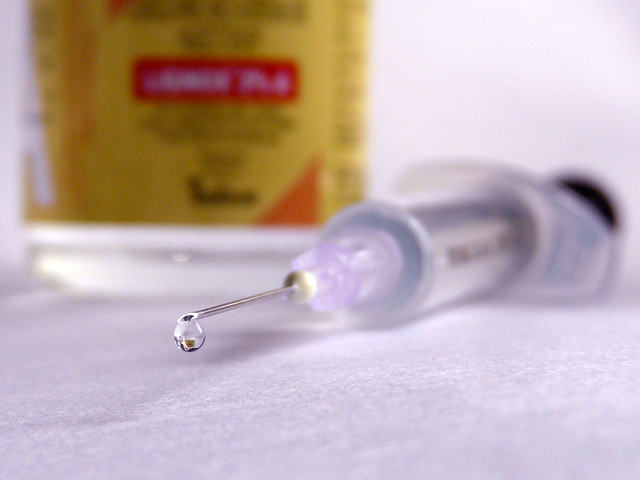An interesting article titled “Comparison of anaesthetic regime in patients undergoing third molar extraction” written by McCarthy et al. appears in Oral Surgery in 2018 (vol. 11, pp. 33-40). The article seeks to explore the use of lidocaine and bupivacaine which are two different anesthetic agents for wisdom teeth removal to see if there is any difference on patient pain, preference, and satisfaction.
The authors state that using local anesthesia for removing wisdom teeth when also using general anesthesia is still controversial. They thus designed a double blind split-mouth randomized clinical trial where both an anesthetic and control were used on a patient at the same time. The authors conducted the study in two parts. In the first part 52 patients were given 2% lidocaine with 1: 80,000 epinepherine on one side and nothing given on the other side. In the second part 68 patients received 0.5% bupivacaine on one side and 2% lidocaine with 1: 80,000 epinepherine on the other sides. In both cases the sides were randomly chosen and all patients also received general anesthesia. A 100 point visual analogue scale (VAS) from 0 to 100 with increasing pain was used to determine the level of pain. The VAS was assessed at three separate time periods: right after surgery, 30 minutes after awakening from the general anesthesia, and 1 hour after awakening from the anesthesia, in part one. For the second part the VAS was assessed at the three time periods as in part one but also at 3, 4, 6 and 8 hours after discharge.

For patients in part 1 of the study it was found that the mean VAS score was statistically significantly lower for the side given lidocaine than the side not given anything at all three time points evaluated. For patients in part 2 of the study it was found that the mean VAS score was not signficantly different depending on the side when assessed up to 1 hour after surgery. However for patients in part two of the study it was found that the mean VAS score was statistically significantly lower on the side given bupivacaine than on the side given lidocaine at 3 hours and later after surgery. For part 1 of the study patients indicated that they did not have a preference for lidocaine or not. For part 2 of the study patients indicated that they preferred bupivacaine over lidocaine at the end of surgery and after 1 week after discharge (although no statistical results were conducted). The authors state
“This research has shown a considerable reduction in the magnitude of acute pain in the immediate post-operative period with the use of intra-operative local anaesthetic…Bupivacaine was found to provide
a longer duration of analgesia and was the anaesthetic of choice for a greater proportion of patients.”
The authors thus feel that bupivacaine can be used as a local anesthestic for wisdom teeth surgery to provide greater pain relief as long as the patient is okay with having numbness for a longer period of time. The same surgeon performed the extractions in all cases to limit cofounding factors of using multiple surgeons. It is noted that the study used plain bupivacaine instead of using bupivacaine with epinephrine.
